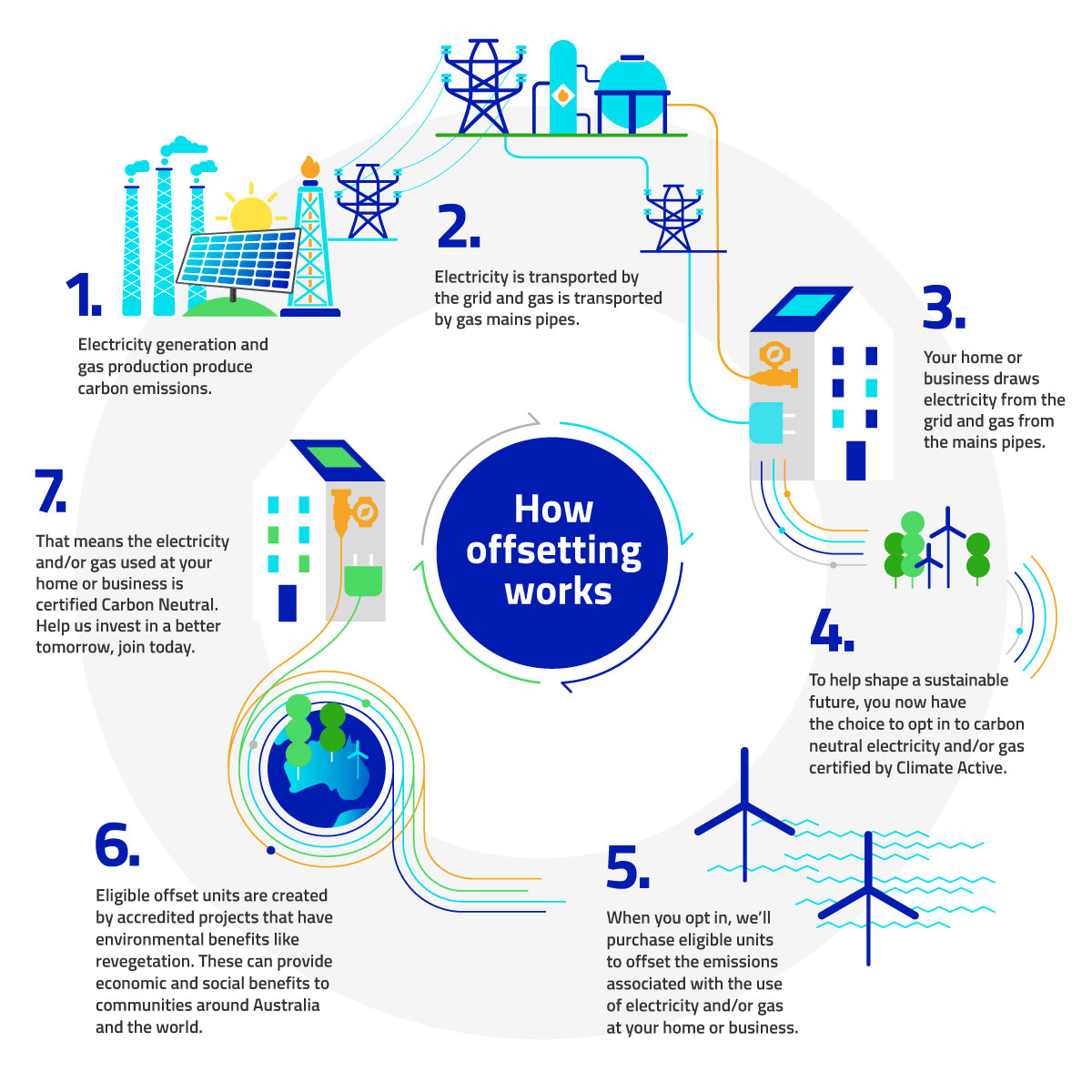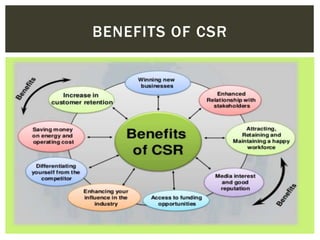Carbon-Neutral Living: Sustainable Choices

Advancing Sustainability: The Carbon-Neutral Choice Benefit
Living in a way that is carbon-neutral has become a pivotal goal for individuals and communities striving for a more sustainable future. The Carbon-Neutral Choice Benefit extends beyond environmental impact, influencing lifestyle choices, economic advantages, and the broader well-being of the planet.
Understanding Carbon Neutrality: A Green Imperative
At its core, carbon neutrality involves balancing the amount of greenhouse gases emitted with an equivalent amount offset or removed from the atmosphere. Choosing a carbon-neutral lifestyle means actively seeking ways to reduce, offset, or capture the carbon emissions associated with daily activities, ultimately contributing to a more sustainable and balanced ecological footprint.
Environmental Impact: The Core of Carbon-Neutral Living
The primary motivation for embracing a carbon-neutral lifestyle is the positive impact on the environment. By reducing carbon emissions, individuals play a role in mitigating climate change, preserving biodiversity, and safeguarding ecosystems. The Carbon-Neutral Choice Benefit is a commitment to leaving a healthier planet for current and future generations.
Renewable Energy Integration: A Key Carbon-Neutral Strategy
Embracing renewable energy sources is a fundamental aspect of achieving carbon neutrality. Solar, wind, and hydropower are clean alternatives that replace fossil fuels, reducing carbon emissions from energy production. Investing in renewable energy not only supports carbon neutrality but also contributes to a more sustainable and resilient energy infrastructure.
Carbon Offsetting: Balancing the Equation
Carbon offsetting is a crucial strategy for those pursuing a carbon-neutral lifestyle. Investing in projects that capture or reduce greenhouse gas emissions, such as reforestation initiatives or methane capture programs, allows individuals to balance their unavoidable carbon emissions. This proactive approach contributes to a net-zero or even a net-negative carbon footprint.
Economic Benefits of Carbon-Neutral Choices
Contrary to the perception that sustainability comes at a high cost, carbon-neutral choices often translate into economic benefits. Investing in energy-efficient technologies, renewable energy sources, and carbon offset projects can result in long-term savings. Additionally, as the global focus on sustainability intensifies, governments and businesses may offer incentives and rewards for carbon-neutral practices.
Health and Well-being: A Personal Carbon-Neutral Impact
The Carbon-Neutral Choice Benefit extends beyond the environment to personal health. By reducing reliance on fossil fuels and embracing cleaner energy sources, individuals contribute to improved air quality. This shift positively impacts respiratory health and overall well-being, creating a healthier living environment for everyone.
Raising Awareness: A Collective Carbon-Neutral Movement
The impact of carbon-neutral choices is amplified when embraced collectively. Raising awareness about the Carbon-Neutral Choice Benefit is essential for fostering a global shift towards sustainability. Educational campaigns, community initiatives, and online platforms play a crucial role in informing and inspiring individuals to make carbon-neutral choices.
Innovation and Technological Solutions
Advancements in technology continue to play a pivotal role in achieving carbon neutrality. Innovations in energy storage, carbon capture, and sustainable transportation contribute to a more efficient and carbon-neutral future. Supporting and adopting these technological solutions is integral to the success of the Carbon-Neutral Choice Benefit.
Take Action: Carbon-Neutral Choice Benefit for a Sustainable Future
Ready to make a difference? Explore Carbon-Neutral Choice Benefit for resources, tips, and guidance on incorporating carbon-neutral practices into your lifestyle. Join the global movement towards sustainability, make informed choices, and become a part of the Carbon-Neutral Choice Benefit for a brighter and more sustainable future.
Sustainable Choices: The Environmental Responsibility Benefit

Sustainable Choices: Embracing the Environmental Responsibility Benefit
In an era where environmental concerns take center stage, individuals and businesses are recognizing the importance of environmental responsibility. This article explores the multifaceted benefits of embracing environmental responsibility, shedding light on the positive impact it has on both the planet and those who make sustainable choices.
1. The Call for Environmental Responsibility: A Global Imperative
The increasing awareness of climate change and environmental degradation has elevated the call for environmental responsibility to a global imperative. Individuals, communities, and businesses are urged to reconsider their actions and make choices that prioritize the health of the planet. It is a collective effort that holds the key to a sustainable and thriving future.
2. Environmental Stewardship: Preserving Ecosystems and Biodiversity
At the core of environmental responsibility lies the concept of environmental stewardship. By making conscious choices to reduce carbon footprints, minimize pollution, and protect natural habitats, individuals contribute to preserving ecosystems and biodiversity. Environmental stewardship is a fundamental aspect of sustainable living, ensuring that future generations inherit a planet teeming with life.
3. Sustainable Consumption: Reducing Environmental Impact
Embracing environmental responsibility involves reevaluating consumption patterns. Sustainable choices in what we buy, use, and discard play a crucial role in reducing environmental impact. From choosing eco-friendly products to supporting companies with environmentally conscious practices, sustainable consumption becomes a powerful tool for positive change.
4. Renewable Energy Adoption: A Path to Cleaner Futures
One of the most impactful ways to exercise environmental responsibility is through the adoption of renewable energy sources. Harnessing solar, wind, and other renewable energies reduces dependence on fossil fuels, mitigating the environmental impact associated with traditional energy sources. The shift towards renewable energy is a cornerstone of sustainable and responsible living.
Environmental Responsibility Benefit: A Transformative Link
To explore how you can contribute to the environmental responsibility benefit, visit Environmental Responsibility Benefit. This comprehensive resource provides valuable insights and practical tips on adopting sustainable practices, making informed choices, and contributing to a greener and healthier planet.
5. Circular Economy: Minimizing Waste and Maximizing Resources
The concept of a circular economy aligns seamlessly with environmental responsibility. Moving away from the linear “take, make, dispose” model, a circular economy focuses on minimizing waste and maximizing the lifespan of resources through recycling, reusing, and repurposing. This approach ensures that materials stay in circulation, reducing the strain on the environment.
6. Conservation Efforts: Protecting Endangered Species and Habitats
Environmental responsibility extends to active participation in conservation efforts. Supporting organizations dedicated to protecting endangered species and habitats, participating in reforestation projects, and advocating for wildlife conservation are tangible ways individuals can contribute to the preservation of Earth’s rich biodiversity.
7. Carbon Offsetting: Balancing Emissions with Positive Actions
For those aspects of life where emissions are unavoidable, carbon offsetting becomes a valuable tool. Supporting projects that sequester or reduce greenhouse gas emissions, such as reforestation initiatives or renewable energy projects, allows individuals and businesses to balance their carbon footprint, contributing to a net-positive environmental impact.
Conclusion: A Future Shaped by Responsible Choices
In conclusion, embracing environmental responsibility is not just a choice but a responsibility we owe to the planet and future generations. From individual actions to collective efforts, every step towards sustainability and eco-conscious living contributes to a brighter and healthier future. By recognizing the environmental responsibility benefit, individuals become active participants in shaping a world where responsible choices are the norm, not the exception.
